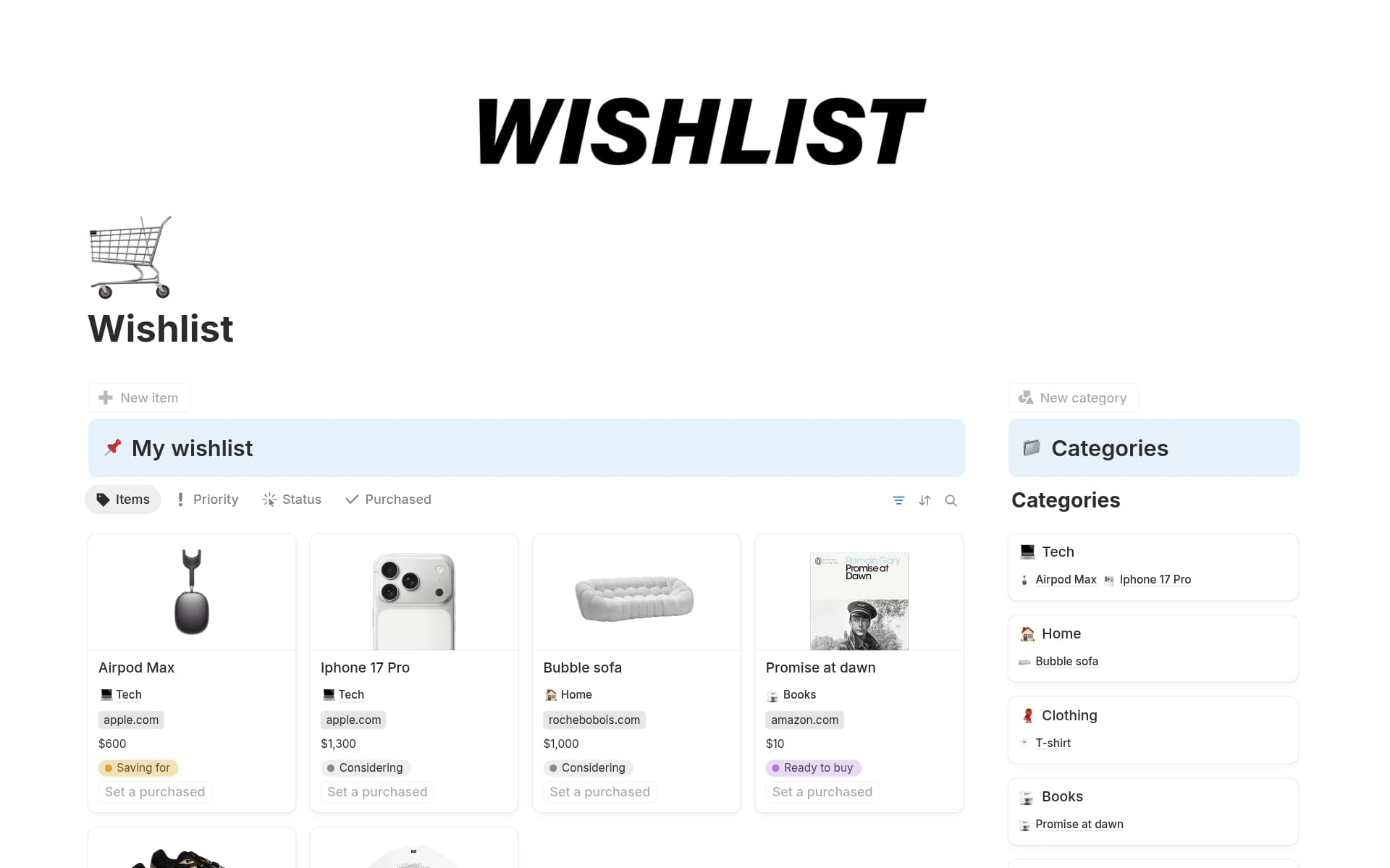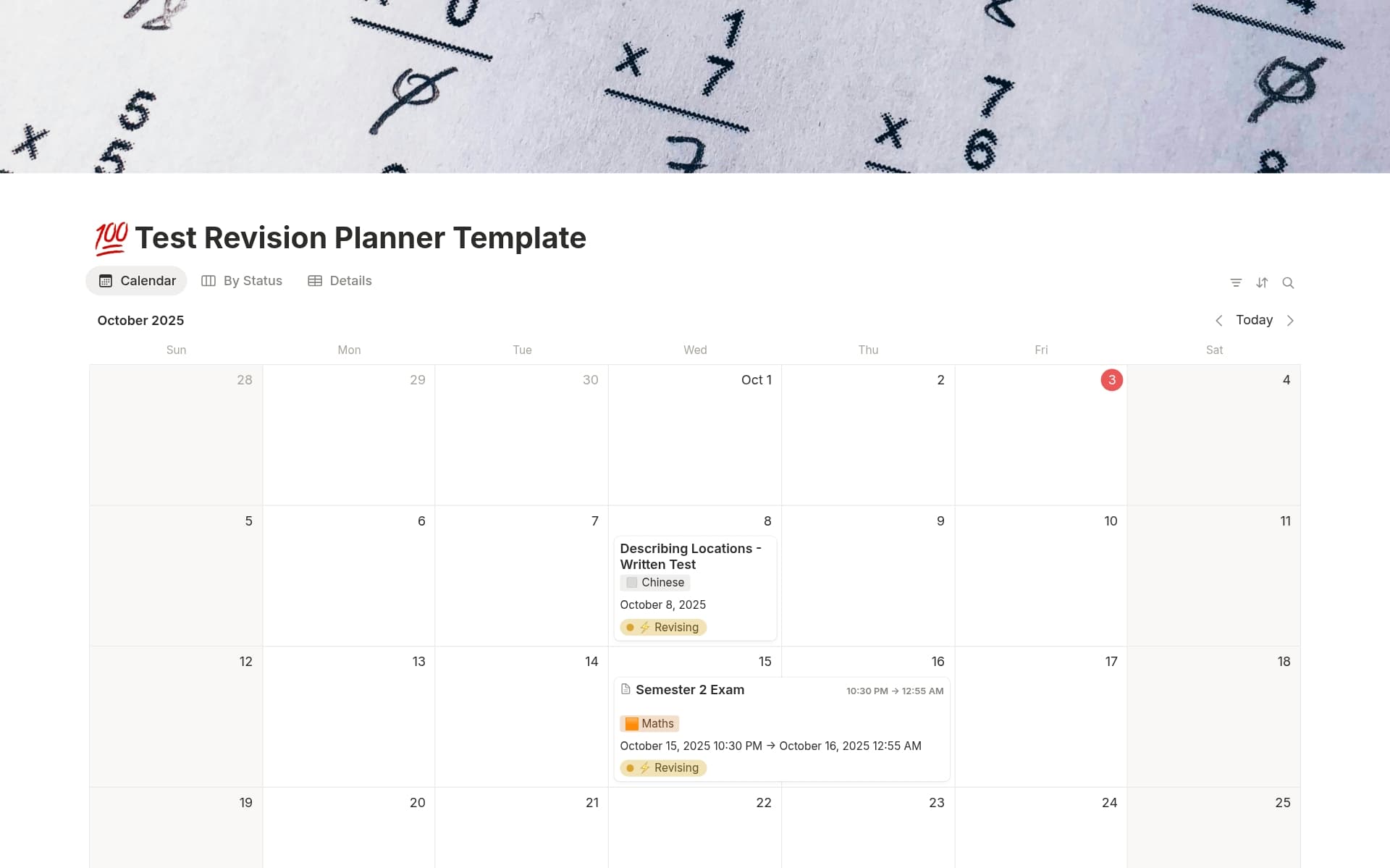Having a Design Studio is crucial for organizing, showcasing, and tracking creative work. It provides a structured environment to manage design projects, portfolios, and content calendars, ensuring that everything from initial concepts to final deliverables is accounted for and easily accessible. A Design Studio template in Notion can streamline this process, offering customizable and collaborative tools that adapt to various design workflows and team sizes.
Before you dive into creating your own Design Studio, take a look at these Notion templates to simplify the process and enhance your creative productivity.
What Should Design Studio Templates Include?
Choosing the right Design Studio template in Notion can significantly streamline your creative workflow. Here are key components to look for when selecting a template:
Project Tracking: A good template should have a robust system for tracking project progress, deadlines, and deliverables to keep everything on schedule.
Client Collaboration: Features that facilitate client interaction, such as shared boards or feedback sections, are essential for maintaining clear and continuous communication.
Resource Management: Look for templates that include tools for managing resources like budgets, materials, and manpower to ensure efficient project execution.
Inspirational Spaces: Areas dedicated to inspiration, such as mood boards or design galleries, can help in nurturing creativity and sparking new ideas.
Selecting a template with these components will help you maintain efficiency and creativity in your design projects, making your studio operations smoother and more effective.
What Should Design Studio Templates Avoid?
When selecting a Design Studio Template in Notion, it's essential to be aware of certain features that might hinder your workflow rather than enhance it. Here are three key components to steer clear of:
Overly Complex Layouts: Templates with too many sections and subpages can create confusion and reduce efficiency. Opt for simplicity to keep your projects streamlined and accessible.
Non-customizable Elements: Avoid templates that don't allow you to tweak styles or layouts. Flexibility is vital for a design studio to adapt the template to various projects and client needs.
Heavy Use of Widgets: While widgets can add functionality, excessive use can slow down your Notion page. Choose templates that use widgets sparingly to maintain fast load times and smooth navigation.
Choosing the right template involves looking for a balance between functionality and simplicity, ensuring it enhances your creative process without adding unnecessary complexity.




